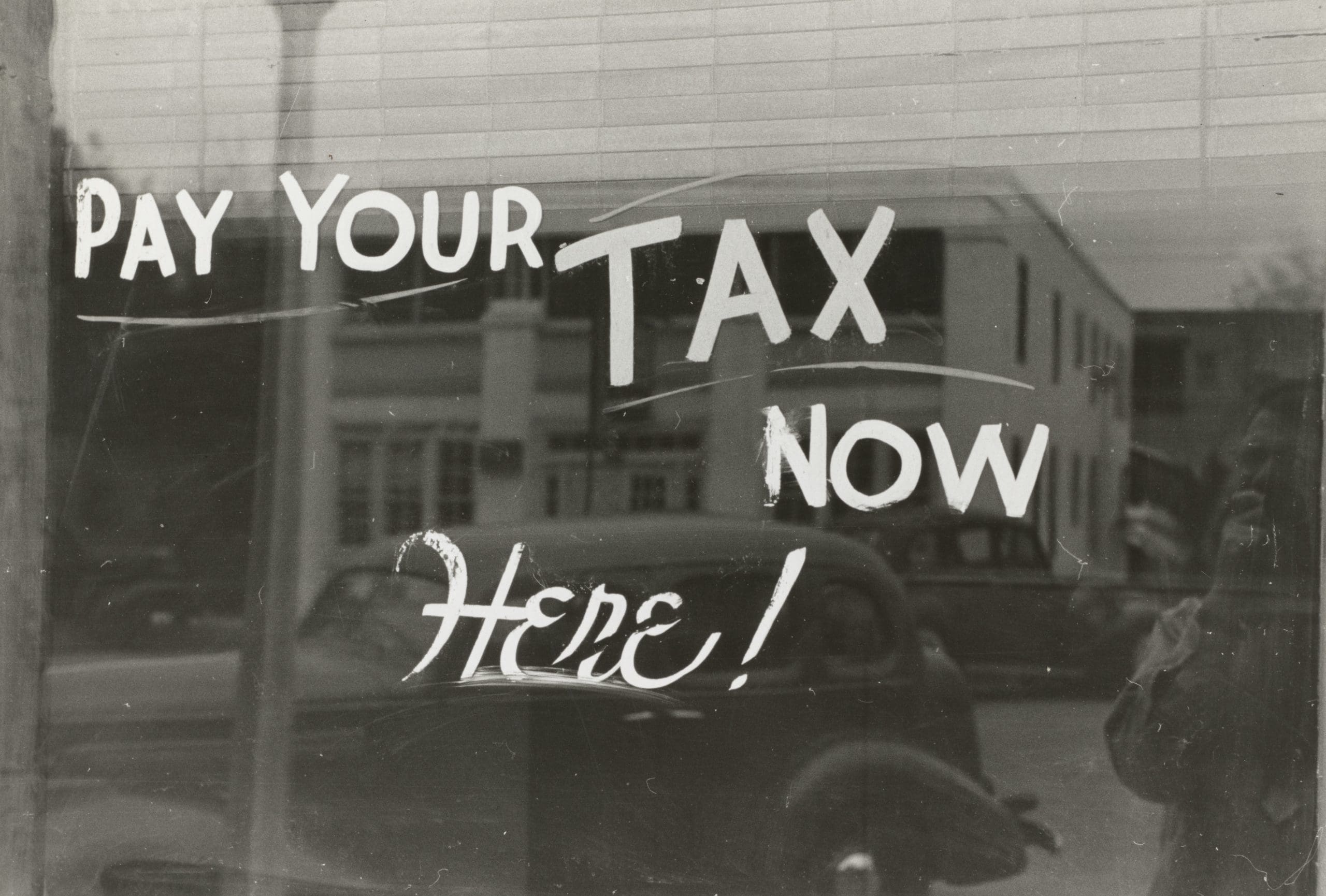On the eve of local elections, and with homeowners’ appraisal notices starting to arrive, it’s important that citizens remember their locally elected officials are the ones writing the final amount of their property tax bills—and those elected officials have the power to keep it from going up.
Every year as Texans’ tax bills arrive in the mail, finger-pointing and questions abound as to who is responsible for rising property tax bills. In 2019, Colleyville Mayor Richard Newton and then-Southlake City Councilman Dr. Shahid Shafi were interviewed on this issue.
The answers they gave were both enlightening and empowering for citizens.
“The property taxes that you pay are based upon the assessed value of your property, as well as the tax rate that is assessed on that property by different local taxing entities, which is your cities, schools, and counties,” Shafi explained. “Each property owner should look at their tax bill, and there will be line items for each one of these taxing entities describing how much taxes they are charging you.”
“Many people will say, ‘Well, because my property value is going up, my tax bill is going up,’” Newton observed. “However, if your tax bill goes up on your home 6 percent, let’s say, and the taxing entity sets the same tax rate as the previous year, your tax bill is going to be 6 percent more.”
Recent evidence supports Newton’s statement. From 2019 to 2020, the Garland City Council kept their tax rate the same, yet according to data from the Dallas Central Appraisal District, the property tax bill for the average homeowner increased by nearly 6 percent. The Richland Hills City Council in neighboring Tarrant County didn’t change its rate either, delivering a more than 6 percent increase.
Newton emphasizes that local officials can stop your tax bills from going up even if the appraised value of your home increases.
“What I would like you as a citizen to know is that each of these taxing entities can set a tax rate they call the effective tax rate,” Newton said. “Now, what the effective tax rate does is it sets a rate that offsets any property tax increases.”
Since property tax reform was passed in 2019, this has been renamed the “no-new-revenue rate.”
“If your property value goes up 6 percent, they can actually lower your tax rate 6 percent and still get the same amount of money from you,” Newton continued. “Your tax bill would be the same.”
I would recommend that you ask your local officials to set that tax rate.
“Your elected representatives on these local bodies, they set the tax rate every year,” Shafi explained. “It is entirely within their power to increase that tax rate or reduce that tax rate.”
Yet, as Newton points out, local officials do point fingers at the appraisal districts, distracting voters from what they can do to stop your property tax pain.
“The appraisal districts set the value of your home and the value of the commercial property in the area, but it’s the elected officials that control the taxing entities that actually decide how much money they’re going to spend and set the budget,” Newton corrected. “It’s actually that budget that determines what your tax bill is, not the appraisal district.”
Even though a lot of elected officials would like you to believe it’s the appraisal district, it’s not.
Since local budgets are what drives your tax bill, Shafi encourages citizens to investigate what officials are spending taxpayer money on. “As a taxpayer, it’s very important for all property owners to know how their money is being spent on those budgets,” he advised. “If you see something that does not seem to be within the scope of that entity’s mandate, then you should question it.”
“Once they set a budget, they’ll set a tax rate that’ll guarantee they get the revenue to support that budget,” Newton continued. “And so, it is the elected officials in each of those taxing entities that actually set your tax bill.”
You are the ones that elect each and every one of them.
Early voting for the May 1 local elections runs April 19-27. Citizens may click here to watch the entire interview with Newton and Shafi.





